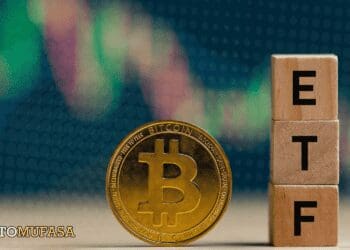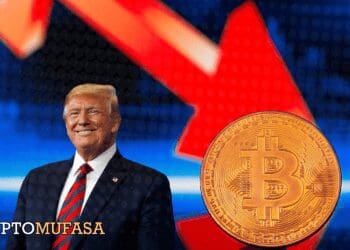In the ever-evolving landscape of cryptocurrencies, regulatory bodies across the globe are continually adapting to the complexities of virtual assets. One such regulatory authority, the Hong Kong Securities and Futures Commission (SFC), has recently issued significant updates regarding the operations of crypto and crypto exchange-traded funds.
In this article, we’ll delve into the latest regulatory changes and the implications for both professional investors and retail clients.
Understanding Complex Products
The heart of these recent updates lies in the classification of virtual assets as “complex products.” The SFC has made it explicitly clear that these assets are to be restricted exclusively to professional investors. However, what exactly qualifies as a “complex product” is still somewhat ambiguous, causing uncertainty in the crypto sphere.
While the new guidelines hint that overseas virtual asset non-derivative ETFs may fall into this category, other exchange-traded virtual asset derivatives can potentially be offered to retail investors.
Ensuring Investor Knowledge
To mitigate potential risks, the updated regulations require service providers to conduct “virtual assets knowledge tests” for their clients. These tests aim to educate investors about the intricacies and potential hazards of cryptocurrency markets. Furthermore, asset management funds dealing with virtual assets and cryptocurrency advisors face new obligations. Advisors must assess an asset’s liquidity and exchange listings before making recommendations.

Also Read: Hong Kong’s SFC Exposes Unregulated Crypto Entities
Marketing and Advertising Implications
Surprisingly, the recent regulatory changes do not provide specific guidelines for the promotion of cryptocurrencies. This gap in regulation may pose challenges for the crypto marketing and advertising sectors, leaving room for further developments.
A Year of Mixed Signals
These changes mark another chapter in the ongoing saga of cryptocurrency regulation in Hong Kong. In 2023 alone, the regulatory environment has experienced various shifts. While local banks were reportedly encouraged to collaborate with crypto-friendly businesses in June, the head of the HK SFC clarified that establishing Hong Kong as a global crypto trading hub was not their primary objective.
Conclusion
The evolving landscape of cryptocurrency regulation in Hong Kong is complex and subject to change. Understanding these new guidelines is crucial for investors and businesses in the crypto space. Stay updated with the latest developments to ensure you navigate this dynamic market safely and effectively













Discussion about this post